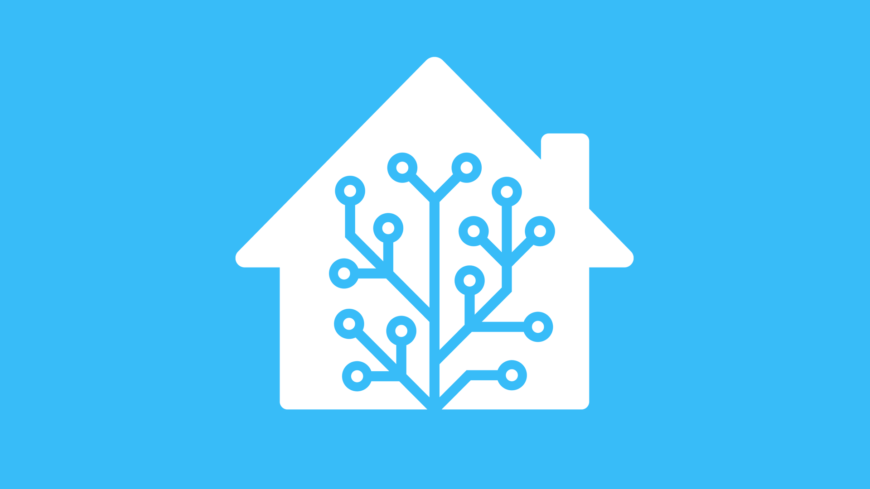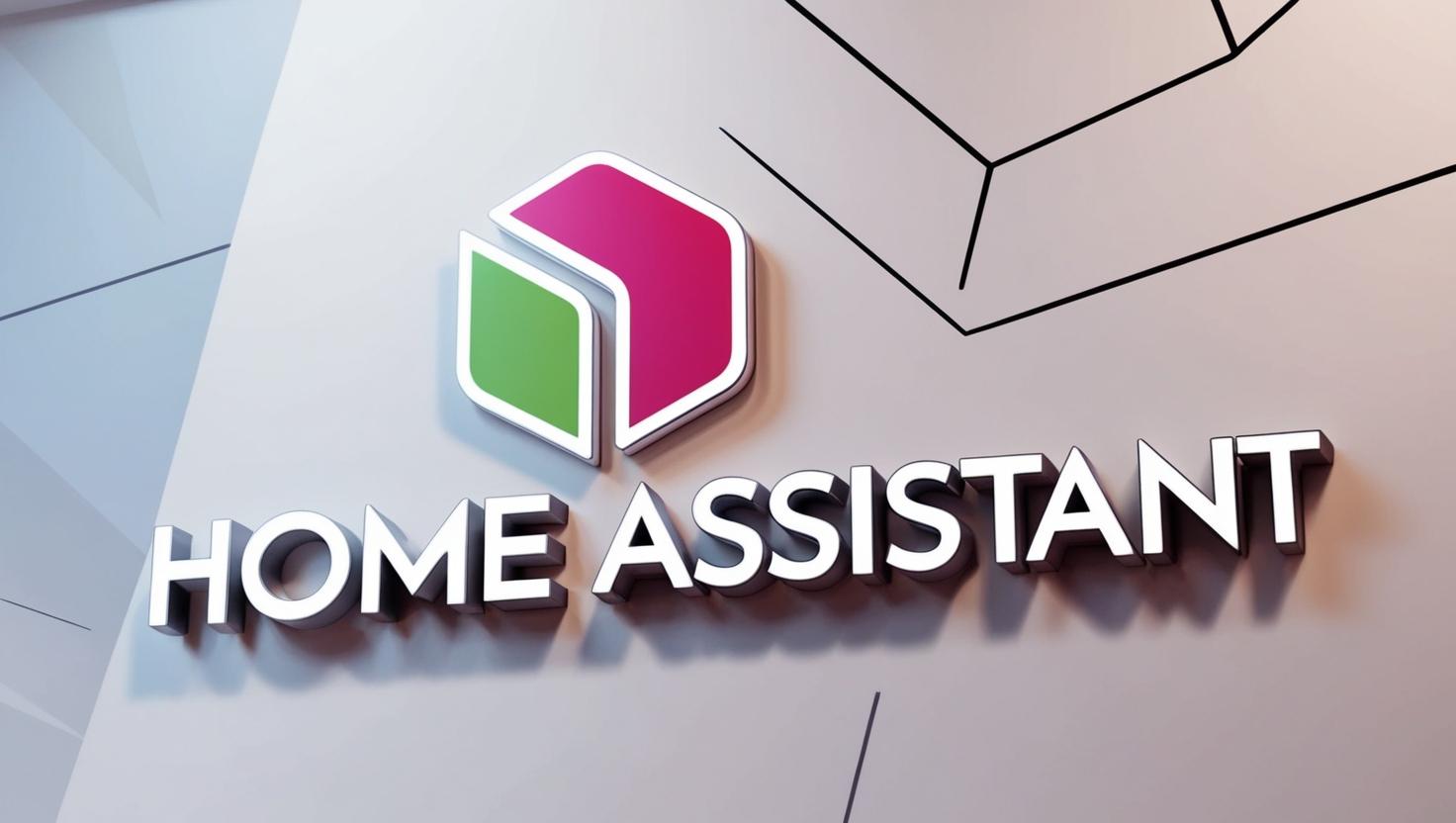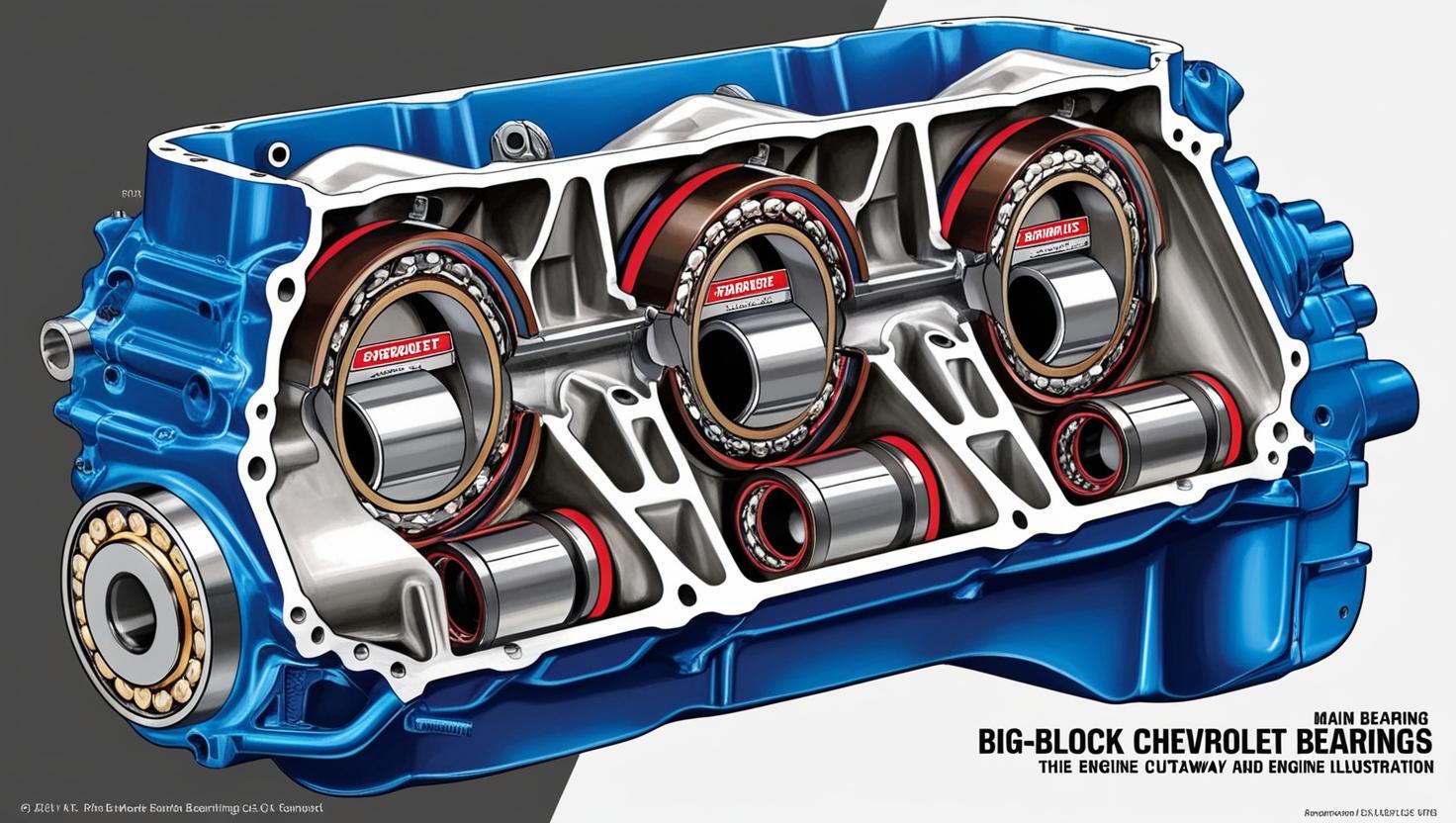HomeAssistant is a powerful open-source home automation platform that allows users to control and automate their smart home devices. One of the key considerations when setting up HomeAssistant is choosing the right hard drive (HD) size to ensure smooth performance and adequate storage. In this comprehensive guide, we will explore the recommended HD sizes for HomeAssistant, factors to consider when selecting an HD, and tips for optimizing storage. Our focus keyword throughout this article will be “how big HD for HomeAssistant.”
Introduction to HomeAssistant
HomeAssistant is a popular home automation platform that provides users with the tools to control and automate their smart home devices. It supports a wide range of devices, including lights, thermostats, security cameras, and more. HomeAssistant can be installed on various hardware platforms, such as Raspberry Pi, ODROID, and Intel NUC. Choosing the right hard drive size is crucial for ensuring optimal performance and storage capacity.
Why Choose the Right HD Size for Home Assistant?
Selecting the appropriate hard drive size for Home Assistant is essential for several reasons:

- Performance: A larger hard drive can handle more data and provide faster read/write speeds, ensuring smooth performance of HomeAssistant.
- Storage Capacity: HomeAssistant stores various data, including logs, backups, and add-ons. A larger hard drive provides ample storage space for these files.
- Future Expansion: As you add more devices and features to your HomeAssistant setup, you may need additional storage space. Choosing a larger hard drive allows for future expansion without the need for frequent upgrades.
Recommended HD Sizes for HomeAssistant
The recommended hard drive size for HomeAssistant depends on your specific needs and usage. Here are some general guidelines:
For Basic Setup
If you have a basic HomeAssistant setup with minimal devices and data, a 32GB hard drive should be sufficient. This size is ideal for users who primarily use HomeAssistant for basic automation tasks and do not require extensive storage.
For Moderate Setup
For a moderate setup with a few more devices and some data storage, a 64GB hard drive is recommended. This size provides additional storage space for logs, backups, and add-ons, ensuring smooth performance and future expansion.
For Advanced Setup
For an advanced setup with multiple devices, extensive data storage, and frequent backups, a 128GB hard drive or larger is recommended. This size offers ample storage space for all your data and allows for future expansion without the need for frequent upgrades.
Factors to Consider When Choosing an HD for HomeAssistant
When selecting a hard drive for HomeAssistant, consider the following factors:
- Storage Capacity: Determine the amount of storage space you need based on the number of devices, logs, backups, and add-ons you plan to use.
- Read/Write Speed: Choose a hard drive with fast read/write speeds to ensure smooth performance of HomeAssistant.
- Reliability: Opt for a reliable hard drive brand with a good reputation for durability and performance.
- Compatibility: Ensure that the hard drive is compatible with your chosen hardware platform, such as Raspberry Pi, ODROID, or Intel NUC.
- Power Consumption: Consider the power consumption of the hard drive, especially if you are using a battery-powered device.
Tips for Optimizing Storage in HomeAssistant
To optimize storage in HomeAssistant, consider the following tips:
- Regular Backups: Perform regular backups of your HomeAssistant data to an external storage device or cloud storage to free up space on your hard drive.
- Clean Up Logs: Periodically clean up old logs and unnecessary data to free up storage space.
- Use Add-ons Wisely: Install only the necessary add-ons and remove any that are no longer needed to save storage space.
- External Storage: Use external storage devices, such as network-attached storage (NAS), to store large files and backups.
- Monitor Storage Usage: Keep an eye on your storage usage and plan for future expansion if needed.
Frequently Asked Questions (FAQs)
1. How big HD for HomeAssistant?
The recommended hard drive size for HomeAssistant depends on your specific needs and usage. For a basic setup, a 32GB hard drive is sufficient. For a moderate setup, a 64GB hard drive is recommended. For an advanced setup, a 128GB hard drive or larger is ideal.
2. Can I use an external hard drive with HomeAssistant?
Yes, you can use an external hard drive with HomeAssistant. External hard drives can provide additional storage space and are a good option for storing backups and large files.
3. What is the minimum HD size for HomeAssistant?
The minimum hard drive size for HomeAssistant is 32GB. This size is suitable for basic setups with minimal devices and data storage.
4. How do I expand storage in HomeAssistant?
To expand storage in HomeAssistant, you can use an external hard drive or upgrade to a larger internal hard drive. Ensure that the new storage device is compatible with your hardware platform and has sufficient capacity for your needs.
5. Where can I find more information about HomeAssistant hardware requirements?
For more information about HomeAssistant hardware requirements, you can visit the official Home Assistant Community or explore community forums and guides. These resources provide valuable insights, tips, and updates about different hardware options and their requirements.
Conclusion: How Big HD for Home Assistant
Choosing the right hard drive size for Home Assistant is crucial for ensuring optimal performance and storage capacity. By considering your specific needs and usage, you can select the appropriate hard drive size and optimize storage to keep your Home Assistant setup running smoothly. Whether you have a basic, moderate, or advanced setup, there is a hard drive size that will meet your requirements and provide ample storage space for future expansion.
Common Question on HD HOME ASSISTANT
- How many GB for Home Assistant?
- The recommended disk size for Home Assistant varies depending on your setup and usage. Generally, a 32 GB SSD is a good starting point for basic setups. However, if you plan to store more data, such as recordings or media, you might need more space.
- What is the recommended disk size for Home Assistant?
- The recommended disk size for Home Assistant is 32 GB for basic setups. For more extensive setups with additional data storage needs, a 128 GB SSD is recommended for better performance and reliability.
- How much HD space do I need?
- The amount of HD space you need depends on your specific requirements. For a basic setup, 32 GB is usually sufficient. For more extensive setups, 128 GB or more is recommended.
- What size SD card for Raspberry Pi Home Assistant?
- For Raspberry Pi setups, a 32 GB SD card is recommended. However, if you plan to store more data, a 128 GB SD card or an external SSD might be a better option.
- Is 16 GB enough for Home Assistant?
- While 16 GB can work for very basic setups, it is generally recommended to use at least 32 GB to ensure smooth performance and enough space for updates and additional data3.
- What is the ideal disk size?
- The ideal disk size for Home Assistant depends on your specific needs. For most users, a 32 GB SSD is ideal for basic setups, while 128 GB or more is ideal for more extensive setups with additional data storage needs2.
- Is 128 GB enough for Home Assistant?
- Yes, 128 GB is more than enough for most Home Assistant setups, providing ample space for the operating system, updates, add-ons, and additional data storage2.
- Is 4 GB enough for Home Assistant?
- No, 4 GB is not enough for Home Assistant. It is recommended to use at least 32 GB for basic setups.
- How many GB do I need at home?
- The amount of GB you need at home depends on your specific Home Assistant setup and usage. For most users, 32 GB is sufficient for basic setups, while 128 GB or more is recommended for more extensive setups with additional data storage needs.










